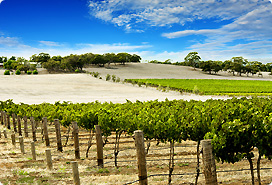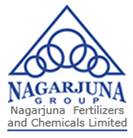
The key services offered by Ikisan are:
System study, design and development of IT enabled solutions and services for the agri sector.
Execution of rural IT enabled projects on BOT/BOOT/Turnkey basis.
Development, Customization and Deployment of Ikisan's IPR protected software applications.
Providing support services and best management practices for augmenting the marketing development efforts of the groups agricultural input companies (NFCL and NACL).
Development and Dissemination of best practice and information though a unique multi lingual knowledge website for the agri sector.
Some of the key customers/partners that benefit significantly from our work include are Electronics Corporation of India Ltd, State Agricultural Marketing Boards, Central Research Institute for Dryland Agriculture, Tamil Nadu, Centre for Development of Advanced Computing, Motorola Mobility (GOOGLE) etc.
As highlighted earlier Ikisan provides significant support to the market development and marketing efforts of NFCL and NACL by providing best practices and information across the agricultural input value chain - weather, soil, seeds, fertilizers, water, pesticides, output prices etc. that have enabled the companies to develop deep customer relationships and in turn enable them to grow above market growth rates. Recently example in fertilizers includes the development of Customized Fertilizer Grades (for NFCL across India that are crop and location specific have not only reduced the current consumption of fertilizers of farmers but have significantly enhanced crop yields and farmer incomes) that are expected to add significant revenues to the company.
Currently, agriculture value chain is driven by technical expertise. However, there is a lack of adequate Management knowledge and skills amongst the professionals. Therefore, Ikisan and XLRI, Jamshedpur have jointly developed an Agri Business Management Program for Agri-professionals and students. Ikisan provides the domain expertise while XLRI provides pedagogy. This program is a combination of virtual learning and campus based module at XLRI, Jamshedpur. This program has been highly appreciated.
Intellectual Property Rights for many software applications such as Field Manager, Vyapar, Mandi, Quick Solutions Systems, Management Time Table, Agri Information System and Agrecommerz belong to Ikisan. A significant recent development in this area is the introduction of Weather Based Crop Insurance. This entails setting up of Automatic Weather Stations, which provide dynamic village-level data essential for settlement of weather based insurance claims.
